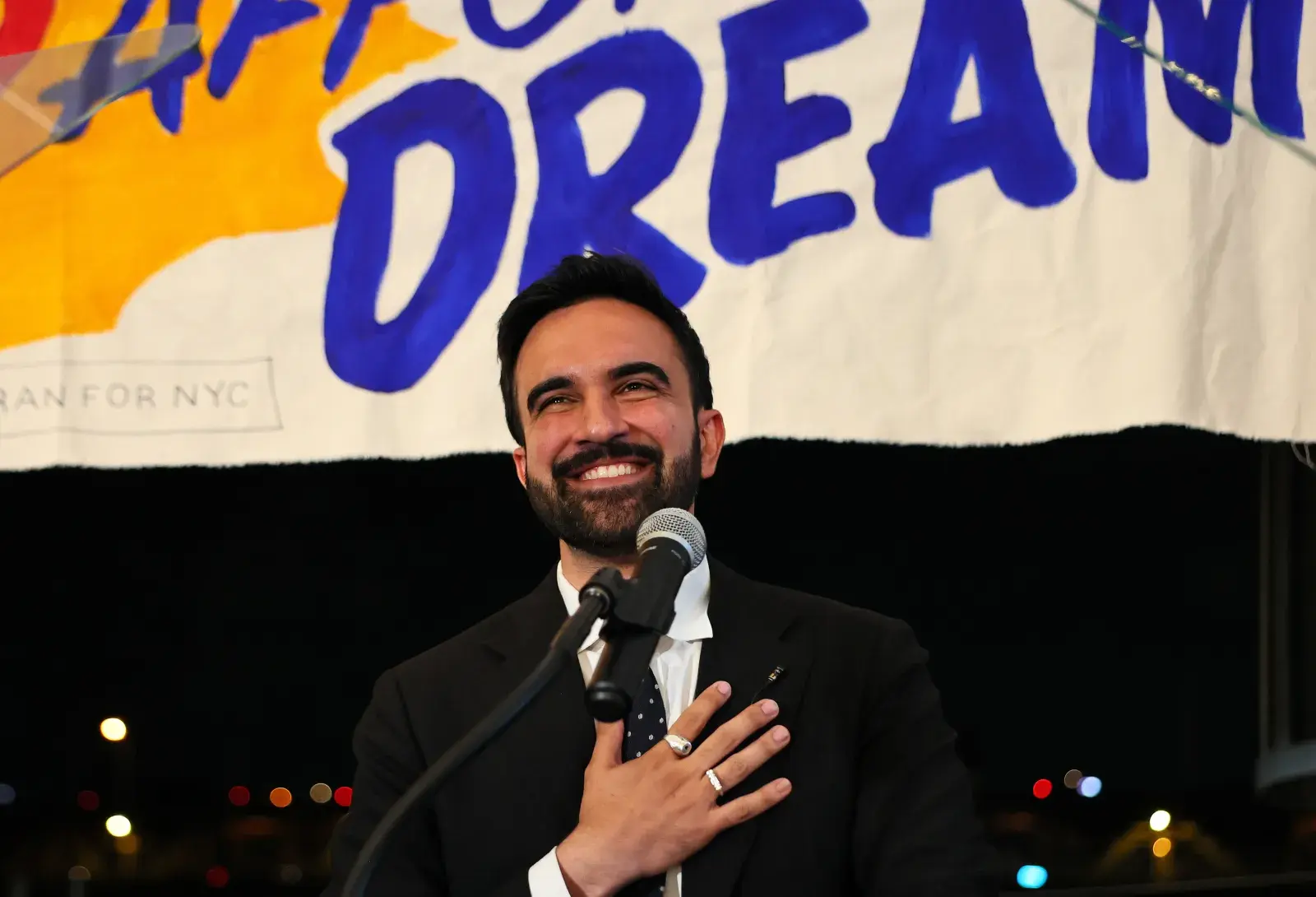A woman's calm yet powerful response after a yoga teacher mistakenly assumed she was pregnant has gone viral, sparking a broader discussion around body assumptions.
Sarah Simpson (@sarahinyellow), 26, a professional body image coach from Cape Cod, Massachusetts, was attending a yoga class with a friend when the instructor approached them. After greeting her friend, the teacher turned to Simpson and asked, "And you, how far along in the pregnancy are you?"
"I froze for a second. Then I calmly said, 'I'm not pregnant.' Her face dropped. She was mortified and immediately started apologizing and explaining herself," Simpson told Newsweek.
The incident, shared on Instagram quickly resonated, drawing over 2.1 million views and thousands of comments.
Simpson said she had been excited to attend the class on her friend's recommendation. She wore one of her favorite bright pink workout sets, which she described as comfortable and confidence-boosting.
But the unexpected comment shook her. She stayed for the class, but spent most of it distracted, thinking not about her body, but about the assumptions placed upon it.
Though she wasn't emotionally wounded—thanks to the inner work she's done—Simpson said she was still frustrated.
The teacher, Simpson said, was more visibly upset than she was. She apologized repeatedly and eventually asked if she could give Simpson a hug. Simpson agreed at the time but later wished she had declined and walked out instead. She wore the same outfit again days later, refusing to let shame attach itself to something she loved.

"It wasn't the first time someone assumed I was pregnant, and it probably won't be the last. But it reminds me why this work matters," she said. "These moments aren't just awkward—they're proof of how deeply ingrained body standards still are."
Simpson has personal experience with these pressures. She said she was put on her first diet at age eight, after a family member said she was "getting too big." Bullied throughout school for her body, she turned to perfectionism, believing that if she were thin, she'd be accepted. By college, she was restricting food, over-exercising, and taking diet pills.
"I hit my goal weight—and still hated myself," she said. That realization marked a turning point. She began intuitive eating, went to therapy, journaled, and began unlearning the belief that her worth was tied to her appearance.
Eventually, she became a certified coach and now helps other women through similar journeys. Today, Simpson lives in a body that doesn't conform to traditional beauty standards but is healthy and cared for. She no longer weighs herself and doesn't share her weight—not out of shame, but because "it's simply not important."
She hopes her experience reminds others that the problem isn't their bodies, but society's ingrained biases. "You don't need to shrink, explain, or justify your existence. Someone else's ignorance doesn't get to decide how you feel about yourself," she said.
Dr. Uma Darji, a family medicine physician and mom of two, echoed the deeper harm such comments can cause with Newsweek. She said the yoga teacher's assumption, while likely unintentional, reflects a widespread belief that flat stomachs are the norm—and that any deviation must have a reason.
"For most women, the midsection is a source of self-consciousness due to societal pressures, postpartum changes, or personal history," Darji explained. "Comments like these further the harmful message that our bodies are always being evaluated."
Darji said such incidents discourage many people from participating in activities like group fitness classes out of fear of being judged. "This isn't about your body—it's about someone else's biases," she said. "Moments like these remind us how far we have to go."
Simpson's video drew a wave of support on Instagram. Many users shared similar stories and praised her for handling the situation with grace and for using it as a teaching moment.
"I'm trying to learn to say 'I accept your apology' rather than 'it's okay,' because it's actually not okay," one user commented. "We're all human and we all make mistakes, but it's not okay to assume or make comments about someone's body."
Dr. Aditi Nerurkar wrote, "In awe of your self-compassion after that uncalled for comment. So many of us would've spiraled. I hope you feel SO proud."
Others pointed out how widespread these assumptions are. "I worked IN A MATERNITY STORE and I knew not to ask that," one follower shared. "Some people are shopping for gifts, some are postpartum. Don't guess by people's bodies what their situation is."
Asked about the apparent resurgence of "skinny culture," Simpson called it "heartbreaking, but not surprising."
She believes the media and wellness industries thrive on insecurity, and that the current shift reflects fears around aging, visibility, and taking up space.
"We have to unlearn the belief that we have to look a certain way to be happy or worthy," she said. "Because the truth is, we never did."
Do you have any viral videos or pictures that you want to share? We want to see the best ones! Send them in to life@newsweek.com and they could appear on our site.






















